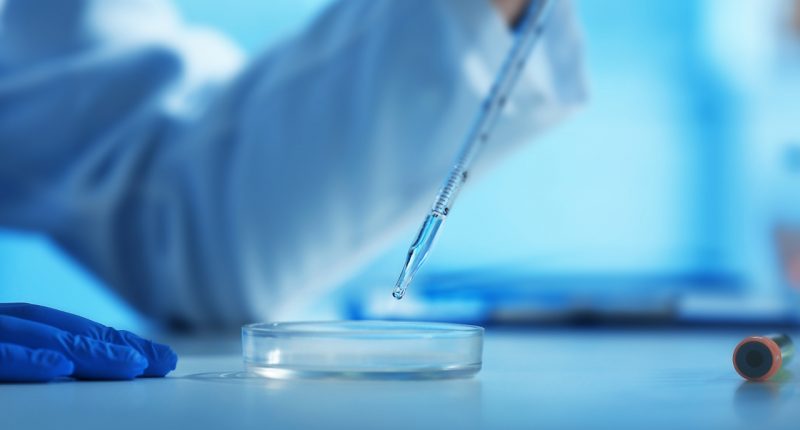- LBT Innovations has announced that the Declaration of Conformity for its APAS MRSA analysis module has been completed
- The MRSA analysis module is now available to all countries in the European Union
- The APAS Independence is a platform technology that automates culture-plate screening and interpretation.
Australian med-tech company LBT Innovations has announced that the Declaration of Conformity for its APAS MRSA analysis module has been completed.
This finalises the documentation required to make the MRSA analysis module available under the existing APAS Independence CE Mark registration. MRSA (methicillin-resistant staphylococcus aureus) is a bacterium that causes infections in different parts of the body.
The APAS (Automated Plate Assessment System) Independence is a platform technology that automates culture-plate screening and interpretation.
Thousands of agar plates are assessed in laboratories every day and ordinarily each one has to be examined by a microbiologist for the presence of clinically significant bacterial colonies.
APAS Independence, however, automatically screens, interprets, and and sorts the plates. This cuts the time it takes to analyse the samples and frees up the microbiologist’s time.
As these results are often critical, this enables results to be interpreted and analysed quicker.
This Declaration of Conformity comes after the recent announcement that the MRSA analysis model clinical study was successfully completed, providing the validation required for regulatory clearance.
The MRSA analysis module was completed in partnership with the St Vincent’s Hospital in Melbourne.
The process required that the results from the APAS Independence were compared against a microbiologist’s interpretation of the culture-plates determining the difference between both methods.
The APAS Independence with MRSA analysis met the primary objective of the study and provided clinical validation of the technology required for CE Mark certification.
“Continuing to develop the APAS technology through new analysis modules, such as the MRSA analysis module, is important for the company as we continue with our commercialisation launch of the technology,” CEO Brent Barnes said.
“Through this process we are able to grow the number of microbiology tests we can support, enabling us to meet more customers’ needs,” he said.
The MRSA analysis module is now available for sale with the APAS Independence in all countries part of the European Union (EU).
This launch is important in the EU because testing for MRSA is much higher than other regions due to the greater requirements for infection control screening.
It’s tougher to treat than most strains of staphylococcus aureus because it its resistant to some of the most commonly used antibiotics.
MRSA testing, when combined with urine, accounts for 50 to 70 per cent of the specimens processed in the majority of laboratories in the EU.
The current high negativity rates of MRSA tests makes the APAS technology well suited to identify it.
Outside of the EU, the MRSA analysis module is also available in Australia under the existing TGA registration.
It will be made available in the U.S. after FDA clearance is achieved. This is expected to be filed in the first quarter of 2020.








